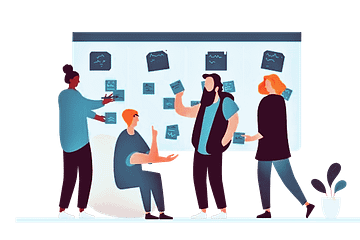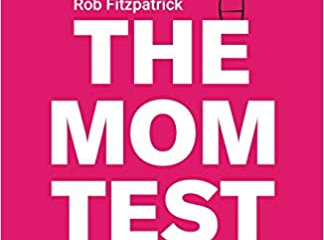
Before starting the French Open late last month, tennis starlet Naomi Osaka announced she would not be giving any media interviews. She shared that she has been suffering long stints of depression while fulfilling the answers to a horde of questions from media, being a superstar athlete. While this was a worrying matter for fans of the game already, the tournament organizers responded and made matters worse. The grand slam’s board fined Osaka $15,000 for not fulfilling her media responsibilities during the grand slam and warning her with stricter actions if she fails to do so.
Consequently, earlier this month, Naomi Osaka declared on social media that she would be pulling out of this year’s grand slam title race for the French Open, citing concerns regarding her mental health. Her withdrawal immediately attracted tremendous support all around the world from fellow athletes and celebrities.
Osaka’s courage to come out in the open and share her mental health status shall create more awareness among the masses and pokes us to do a reality check on how we are doing? How are my family members feeling? Are my friends or colleagues feeling safe and mentally healthy coping with only the worst pandemic in the history of this planet?

Though withdrawing from the tournament was Osaka’s voluntary decision, the way organizers responded is what most employees could relate to as retaliation in your workplace followed up with threats of legal action. Some even called her week that she could not cope up with stardom and competition. Though ironic, isn’t it similar to winning an award in the organization for your performance and your colleagues vilifying you to be a boot licker rather than appreciating the work you had put in.
The Osaka incident shall remind us how important it is to put your mental health forward to anything else in your life, whether your workplace or personal life. It is now the clear and present danger of living in a VUCA world where you are worried about yourself and your family’s well being both bodily and intellectually.

Taking our queue from the workplace, let’s delve into personal mental health. Consider yourself standing in a long queue to reach the ticket window finally. When you stood in line, you were the last one, which lets you realize that you have to wait until all those people in front of you collect their tickets first. There will be ones who would gather their tickets smoothly to let the queue moving, and some are always there who will eat up extra time at the counter, making your wait even longer and irritable.
You either crib on it or wait patiently and consider that you are inching closer every time the number in the queue decreases, irrespective of the fact that some lines will make you wait for 5 mins. In contrast, in others, you might have to wait for 5 hours (ask me how it feels to wait for 5hrs in a queue to get a ride for your daughter on the roller coaster). So is life, which will always have a string of issues for yourself before reaching that window of happiness. Therefore, it is crucial to do a reality check of where you stand mentally and physically and plot your action plan accordingly.

Last year on the occasion of World Mental Health Day (10th October), I got an opportunity to share my story when I went through a lot in my personal and professional life but still got out of it without ever getting depressed or demotivated. You can watch the complete recording of my talk – “Your time will come“ on YouTube. I have shared my own story of having to experience a challenging phase in life and how did cope up with the challenges with the support of my family and some fantastic people I met on the way. Today, I have a happy family of my own, including my wife, a daughter with my mother who is proud of us for overcoming the challenges and navigating through the hardships. We have reached a point in our lives where she could only now worry about what to cook tomorrow rather than thinking of how will we make ends meet.
Conclusion
- Discussing mental health has been taboo because the affected ones are sworn in as a victim or looked down upon as the weak sect
- Naomi Osaka is not the only mainstream athlete who has discussed mental health, there have been many others like the champion swimmer Michael Phelps including many others from every sport
- It is time that we take the queue and turn the tide. We need to get real about this, people often talk about muscles, bones, bodily diseases, it’s high time people discuss their psychological health openly with at least their friends and family
- The onus does not only lay on the people to share about their health, it is also on us as a society on how we treat the affected one taking the straight queues from what shall not be done from the tournament organizers
Pursue Reading
- Psychological Safety for Teams in VUCA & How To Establish It With Your Team
- 3 Important Life Lessons I Learned


